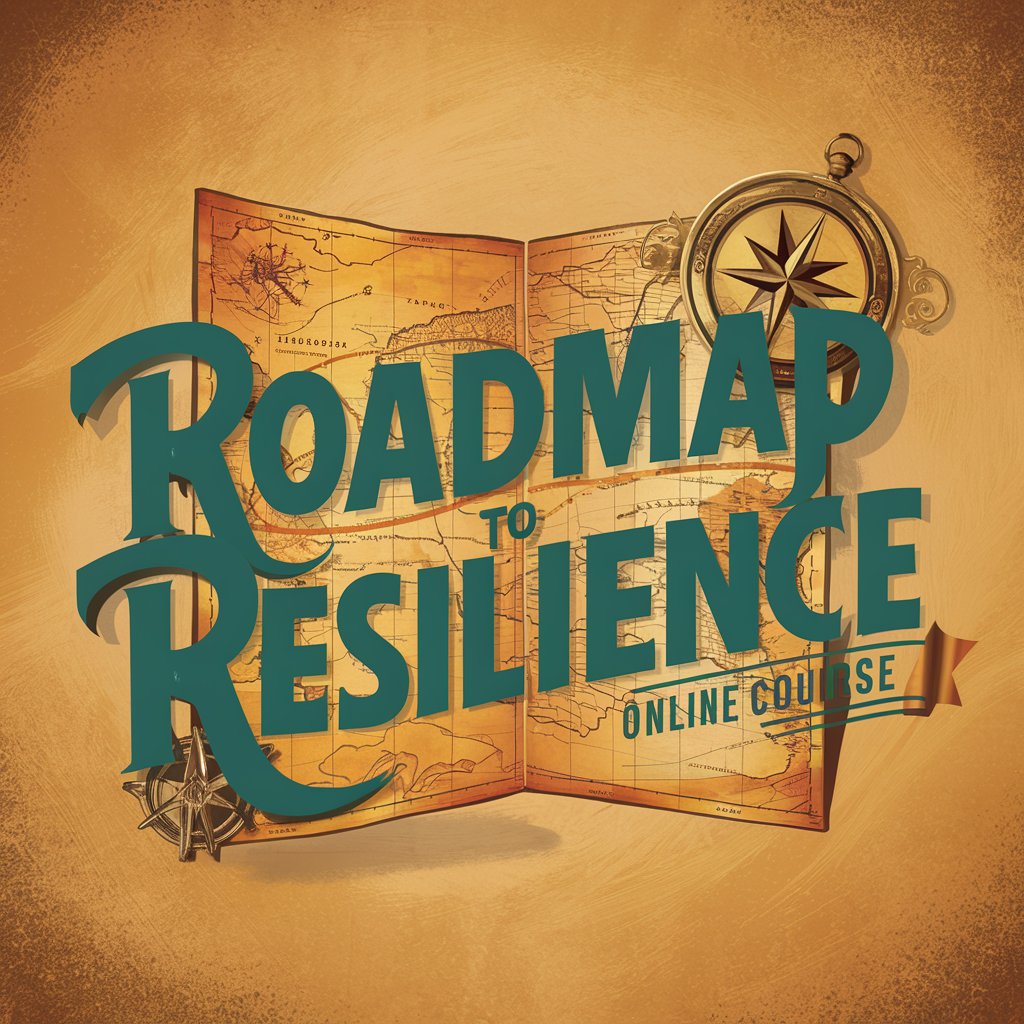How Toxic Friendships Make Burnout Worse
Let’s face it: relationships are like plants. Some thrive with a little neglect (looking at you, cactus friendships), while others wilt the second you forget to water them. But when life hands you burnout instead of butterflies, it’s time to pause and ask: Are my friendships actually helping me grow—or are they part of the reason I’m fried?
Cue the Friendship Audit. This isn’t a breakup blueprint or a list of ways to ghost that one high-maintenance friend (even if they do make you want to throw your phone into the nearest lake). Instead, it’s about reflecting on who’s truly in your corner—and who’s just crowding your calendar.
.The Big Question: Who’s Got Your Back?
Start by taking a mental inventory of your friendships. Grab a journal, a cup of tea/coffee/hot chocolate, and ask yourself:
- Which friends make me feel lighter after talking to them?
- Who supports me without needing to be the centre of my universe?
- Are there people I secretly dread seeing but feel guilty about letting go?
The truth is, the best friendships aren’t about constant cheerleading or toxic positivity. They’re about showing up in the mess, handing you tissues when you cry over spilled oat milk, and saying, “Burnout? Been there. Let’s order pizza and rage-watch bad reality TV.”
I have always been aware that solid friendships can significantly influence burnout, positively. I haven’t given much thought to the other side of the coin, that “friendships” can also influence burnout negatively.
Toxic friends can not only influence, but significantly exacerbate burnout, particularly during life transitions. These challenging periods already demand substantial emotional resources, making us more vulnerable to stress. These “friends” often drain our energy further by consistently making us feel bad, disrespecting boundaries, and failing to provide genuine support[.
During major life changes, when we need understanding and encouragement the most, toxic friends may instead criticise, belittle our efforts, or simply discourage us. Their negative influence can intensify feelings of anxiety, self-doubt, and emotional exhaustion, which are common symptoms of burnout. Toxic friends can alienate us from other supportive relationships, leaving us without the necessary rest and emotional rejuvenation crucial for managing life changes. This combination of increased stress, lack of support, and emotional depletion can push an already exhausted person further into burnout, making the process of adapting to new life circumstances even more challenging.
Burnout Busters vs. the Burnout Boosters
Friendships should be a two-way street, not a traffic jam of unmet expectations. Here’s your cheat sheet:
Burnout Busters:
✅ Friends who listen without waiting for their turn to talk.
✅ People who respect your boundaries (and don’t guilt-trip you for skipping that 9 p.m. group hang).
✅ Cheerleaders who celebrate your wins—even the small ones like finally folding laundry.
Burnout Boosters:
🚩 The “fixers” who can’t help but give unsolicited advice.
🚩 Energy vampires who turn every convo into a therapy session for them.
🚩 Those who mock your struggles, subtly or not. (“Burnout? From what? All that Netflix?”)
Spotting the Burnout Boosters
Burnout Boosters cause:
- Emotional exhaustion: You feel drained or depleted after social interactions, even brief or seemingly positive ones.
- Decreased desire for social engagement: You are reluctant to make plans, avoid social activities, and leave messages unanswered.
- Overwhelm: You experience anxiety or stress when these “friends” contact you.
- Irritability and resentment: You become easily annoyed with these friends over minor issues or you find yourself harboring grudges.
- A loss of interest: You struggle to connect with these friends in a pleasurable or meaningful way.
- A sense of obligation: You feel guilty when saying no to these friends or you prioritise their needs over your own.
- Lack of enthusiasm: You no longer feel excited about spending time with these friends or find previously enjoyable activities burdensome.
- Avoidance behaviour: You are constantly making excuses to avoid spending time with these friends or frequently cancel plans.
- Mood swings: You experience irritability or quick-temperedness leading to tension in friendships.
- Reduced self-care: You neglect your own physical and emotional needs due to burnout.
- Feeling powerless: You feel a growing sense of pessimism about the future of the friendship.
- Outgrowing the friendship: You start to feel pressured to act inauthentically as you’ve grown and developed as a person.
Journaling Prompts to Help You Audit Your Inner Circle
To figure out who deserves a prime spot in your emotional VIP section, try these journaling prompts:
1. When was the last time I left a friend feeling genuinely energised? Who was I with?
- What made me feel so good? Was it the conversation, the activities, or just the vibe?
- Did I feel seen and heard, or was it more about their presence putting me at ease?
- How often do I prioritise spending time with this person, and could I make more space for them in my life?
2. Which friendships feel easy, like slipping into your favourite hoodie?
- What makes this friendship feel so comfortable? Is it their sense of humour, the shared history, or their non-judgmental nature?
- Do I feel like I can fully be myself around them—flaws, quirks, and all?
- How do I contribute to the ease of this friendship? Do I show up with the same openness and care?
3. Is there anyone I avoid texting back because it feels exhausting?
- What specifically about this relationship drains me—are they overly negative, needy, or dismissive of my feelings?
- Do I feel like this friendship is one-sided, or that I’m giving more than I get?
- What emotions come up when I think about spending time with this person—anxiety, guilt, resentment?
- If I were to set a boundary with this person, what might that look like, and how would it feel?
4. Who shows up when I’m struggling—not just when I’m fun?
- When I’ve been at my lowest, who has offered meaningful support? (Think: a listening ear, practical help, or simply being present.)
- How do I feel when I reach out to this person—safe, validated, or afraid to be vulnerable?
- What are the small but significant ways this person makes me feel cared for? (e.g., “They text me good luck before my big meeting,” “They remember my coffee order”)
- Have I expressed gratitude for their support? If not, how can I show them that they matter to me?
5. What do my closest friendships say about me? How do I show up as a friend?
- Are my friendships a reflection of who I am now—or who I used to be?
- Do these relationships align with my values and goals, or are they tied to an old version of myself?
- Am I someone who listens, celebrates others’ successes, and provides support without needing anything in return?
- What’s one thing I can do this week to strengthen a friendship I value?
These prompts give you the opportunity to not only assess your friendships but also to actionably improve your friendships.
Write it all down, no filter. You might be surprised at what comes up (and who doesn’t).
The Lean-In List: Your Support Squad
Once you’ve done the journaling, create a “Lean-In List” of friends who genuinely lift you up. These are the people to text first when you’re spiralling steadily into depression. think of your Lean-In List as your dream team—your emotional Avengers, the people you can count on when life feels more like Endgame than a casual Tuesday.
How to Build Your Lean-In List
Creating this list isn’t about ranking your friends. It’s about intentionally identifying the relationships that truly nourish you—and that you want to nurture in return. Who’s shown up for you when life was messy?
Focus on Reciprocity: Relationships are meant to be a two-way street. Lean-In List members aren’t just great for you—you’re great for them, too. Think of friendships where support flows both ways. This isn’t about quantity. A Lean-In List with two solid names can be more powerful than a phonebook of acquaintances.
How to Use Your Lean-In List
A Lean-In List is only as good as the effort you put into it. Here’s how to make it your burnout-fighting secret weapon:
- Reach Out Regularly: Whether it’s a quick text, a silly meme, or a standing coffee date, keep these relationships warm and thriving.
- Be Honest About What You Need: Texts like “I’m feeling overwhelmed—can you talk?” aren’t burdens; they’re trust builders. The right people want to support you, not just hear about your wins.
- Show Up for Them, Too: Burnout isn’t a solo sport, and chances are your Lean-In List members could use your support just as much as you need theirs.
Need more support?
That’s where the Road Map to Resilience: From Burnout to Breakthrough, my online course, comes in.
In less than 2 hours a day, twice a day, for two days, you will learn:

- How to get a fully restorative, refreshing and rejuvenating night’s sleep, night after night, so that you will stop feeling exhausted, have all the energy you need to get through the day, stop on the way home to shop for healthier food and even get some exercise two or three times a week.
- How you can use three highly effective science-based resilience rituals that can help you to rewire your brain so that you’ll be able to cope more effectively with whatever challenges come your way, without getting irritated or frustrated because you are too tired to concentrate.
- How to incorporate these rituals in a short, simple, time-saving tried-and-tested morning and evening routine that can help you burnout-proof your life once and for all, increase your resilience and safeguard your mental and physical health every time you go through a life transition.
It’s time to kick exhaustion to the curb and finally ditch that terminally overwhelmed feeling, evict your inner critic, declutter your mind and take control of your life like a boss.
By the end of the course, you won’t just have a Lean-In List—you’ll have the confidence, tools, and energy to lean on it, too.
Your Lean-In List is more than just a list; it’s your safety net, it’s your lifeline during burnout. When you take the time to nurture those connections—and yourself—getting from burnout to breakthrough doesn’t just feel possible. It feels inevitable.
Final Thoughts: Know When to Let Go
It’s okay to outgrow friendships. Not every relationship is meant to last forever, and that’s not a failure—it’s growth. The Friendship Self-Audit isn’t about cutting people off left and right; it’s about creating space for relationships that nourish you.
There are several healthy ways to distance yourself from a toxic friend:
- Gradually reduce contact: Slowly decrease your interactions and availability, responding less frequently to messages and declining invitations politely.
- Set clear boundaries: Limit your interactions and communicate your need for space if you feel safe doing so.
- Focus on other relationships: Deepen existing healthy friendships and engage in new activities to meet like-minded people.
- Mute or unfollow on social media: Prevent anxiety-provoking notifications by muting their messages and unfollowing them on social platforms.
- Keep conversations neutral: When interacting, discuss only neutral topics, keep answers brief, and avoid confiding in them.
- Prioritise self-care: Engage in activities that promote your well-being and emotional health.
- Seek support: Confide in trustworthy friends or family members about your decision to distance yourself.
- Be consistent: Once you’ve started distancing yourself, maintain your stance to avoid falling back into the toxic friendship.
- Practice forgiveness: For your own emotional health, work on forgiving the toxic friend, which can help you move on.
- Reflect on the friendship: Take time to evaluate how the relationship affects you and recognize its negative impact on your life.
It’s okay to prioritise your well-being and happiness when dealing with toxic friendships, especially during life transitions.

Author Bio: Dr Margaretha Montagu – described as a “game changer”, “gifted healer”, “guiding light” and “life-enriching author” – is an experienced medical doctor, a certified NLP practitioner, a medical hypnotherapist, an equine-assisted psychotherapist (EAGALAcertified) and a transformational retreat leader who guides her clients through life transitions – virtually, or with the assistance of her Friesian and Falabella horses, at their home in the southwest of France.
It’s time to kick exhaustion to the curb and finally ditch that terminally overwhelmed feeling, evict your inner critic, declutter your mind and take control of your life like a boss. You’re about to turn your life from a comedy of errors into a blockbuster success story (with a much better soundtrack). This two-day online course is designed for anyone facing a major life transition, needing to dramatically reduce stress, end exhaustion and overwhelm, and prevent or recover from burnout.




































